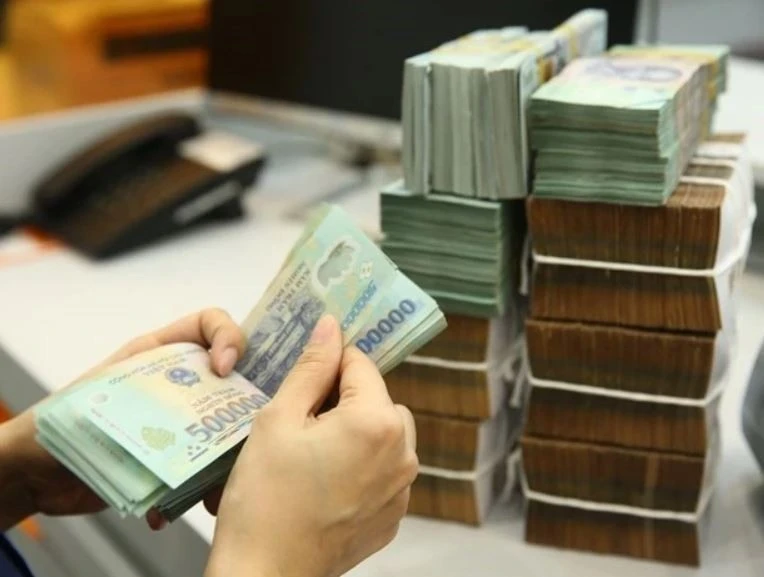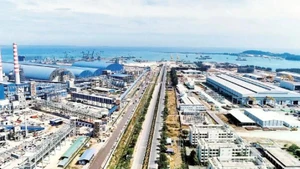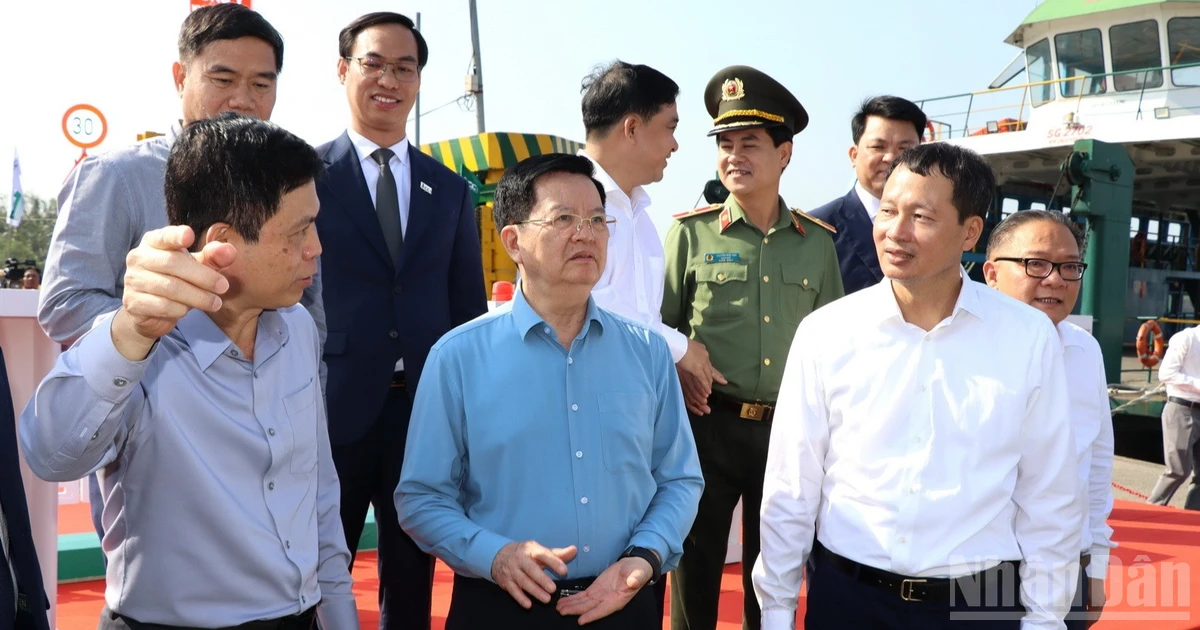According to an official dispatch issued by the PM on October 2, ministries, agencies, and localities are requested to continue effectively implementing key measures and tasks to promote administrative procedure reform, improve the investment and business environment, enhance national competitiveness, remove production and business obstacles, and foster socio-economic development.
He emphasised strengthening the management of state budget collection, aiming for at least a 25% increase compared to the set target for 2025; expanding tax revenue sources, especially e-commerce, restaurant services, and retail stores; strongly promoting digital transformation in tax management; taking strict measures to prevent smuggling, trade fraud, transfer pricing, and tax evasion, particularly in digital business activities and real estate transactions; and proactively and thoroughly managing the state budget, especially regular expenditure, to improve the efficiency of public fund use.
In particular, the PM also asked for accelerating the disbursement of public investment, especially for national and key projects; striving to achieve 100% of the 2025 public investment plan; ensuring efficient use and savings; and absolutely preventing any imbalance between revenue and expenditure at localities, agencies, or units.
The Government leader directed agencies to review and reorganise public assets, handle surplus assets following the restructuring of apparatus and administrative units at all levels in accordance with regulations, and ensure that public assets are not wasted or lost.
The directive demands a properly expanded, focus-driven, and effective fiscal policy closely and harmoniously coordinated with the monetary policy to foster growth, maintain macroeconomic stability, control inflation, and ensure the economy’s key balances. It also emphasises keeping the state budget deficit and public debt within permissible limits.
Tax and customs agencies at all levels are tasked with actively implementing revenue management measures, enhancing tax administration efficiency through IT application and digital transformation, and refining the legal and policy framework for state budget revenue.
Ministries, central agencies, and localities must be accountable for any failure to comply with regulations, resolutions, and instructions of the PM on budget spending tasks, the document said.
Deputy PM Ho Duc Phoc was assigned to directly supervise the implementation of measures and settlement of any issues arising.
















